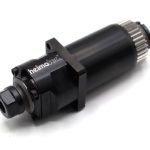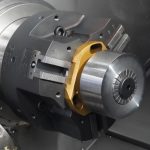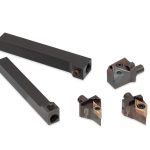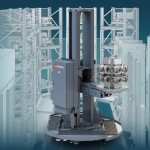Reshoring Initiative wins ML Award
Reshoring Initiative wins ML Award
The Reshoring Initiative was honored by Frost & Sullivan's Manufacturing Leadership Council as one of the winners of the 2014 Manufacturing Leadership Awards (ML Awards) in the category of Industry Advocacy.
The Reshoring Initiative was honored by Frost & Sullivan's Manufacturing Leadership Council as one of the winners of the 2014 Manufacturing Leadership Awards (ML Awards) in the category of Industry Advocacy.
The Manufacturing Leadership Awards program honors companies and individuals that are shaping the future of global manufacturing. Nominations are entered into 11 categories and are evaluated by a panel of expert judges. The categories are for outstanding projects undertaken and completed by a manufacturing company.
"It is an honor to be included in this distinguished group of world-class leaders and companies that are forging new paths for innovation and opportunities in manufacturing. I am personally grateful to the Leadership Council for focusing on the timely and vital topic of reshoring," said Reshoring Initiative founder Harry Moser. "The efforts of the Council are helping to improve U.S. competitiveness, thus accelerating reshoring."
Based in Chicago, the Reshoring Initiative, recognized for its industry-led effort to bring manufacturing jobs back to the U.S., assists companies to more accurately assess their total cost of offshoring, and shift collective thinking from "offshoring is cheaper" to "local reduces the total cost of ownership," according to the organization.
The Reshoring Initiative takes direct action by helping U.S. manufacturers realize that local production and sourcing often reduce their total cost of ownership of products, parts and tooling and takes an active role in training suppliers to demonstrate to manufacturers the economic advantages of local sourcing. To help manufacturers further understand total cost of ownership, the Reshoring Initiative developed the Total Cost of Ownership Estimator, which is available for free at http://www.reshorenow.org/TCO_Estimator.





